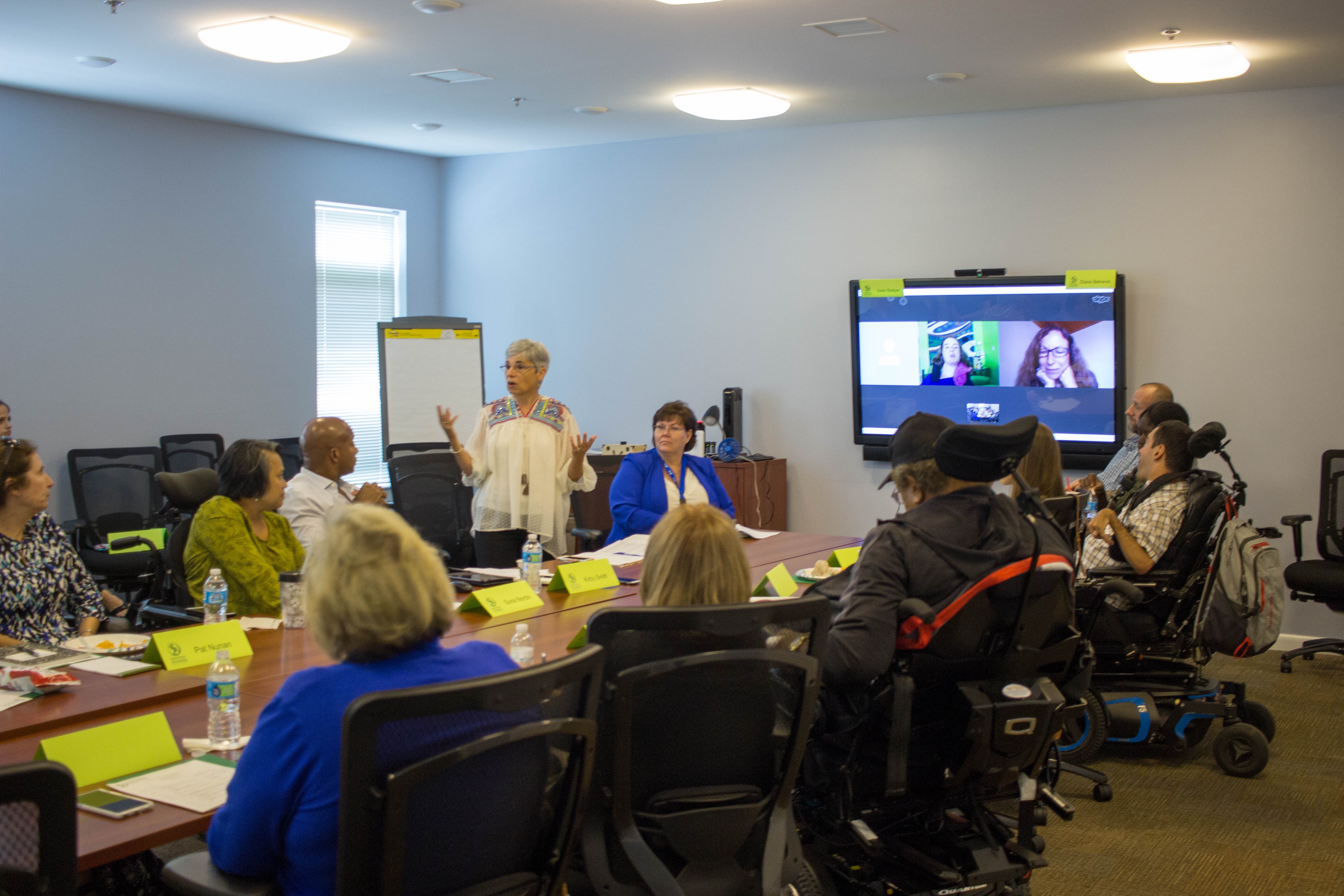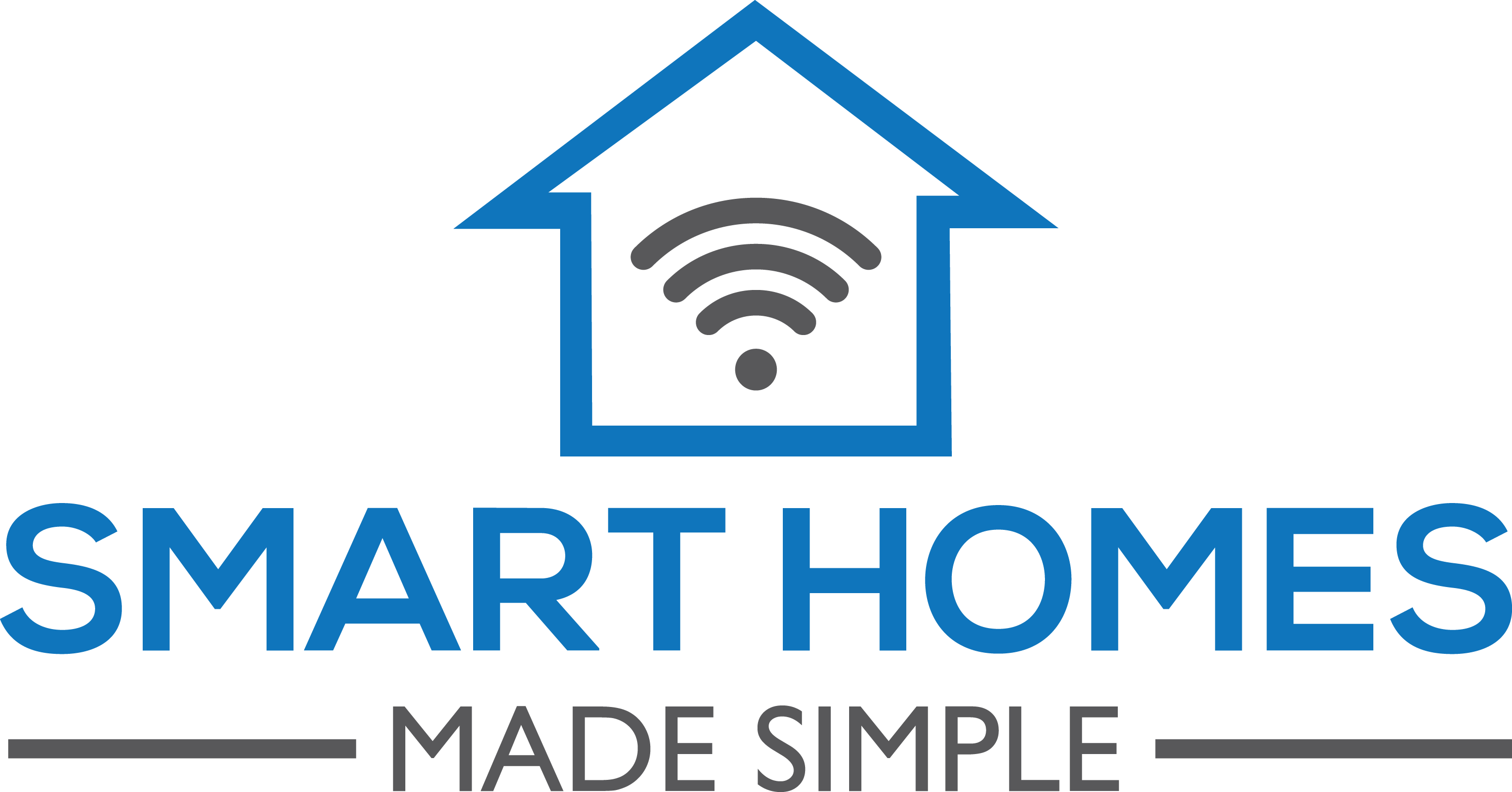An explosion of new smart home devices in the last five years increasingly promises to enable individuals with disabilities to have greater control over their own lives, and to participate in and contribute more fully to activities at home, work, school and in the community.

While mainstream use of Smart Home technology is gaining ground, the application of these devices in the disability community as Assistive Technology (AT) is lagging, with many people still dishing out thousands and tens of thousands of dollars for older, specialized AT. While some of these devices are customized and a “specialty” item, many others are “generic,” which means that they can be purchased “off-the-shelf” and used “as is.” This makes them more affordable and easier-to-use.
The goal of the Smart Homes Made Simple project is to learn about, define, and raise awareness of what this amazing and affordable tech can do for people of all abilities. The information that is gathered by the Advisory Committee and learned from the consulting partner’s installs of 20 new smart homes each year for individuals and from working with a smart technology innovator will be disseminated throughout the Commonwealth.

For this to occur effectively and systematically, and be duplicated elsewhere, answers to several questions are necessary, which we seek to answer in this project: How do people with disabilities learn about generic AT devices and how might these devices make a difference in their lives? What are the relationships between technology developers and people with disabilities? How do developers learn about the tweaks that could be made in their inventions so that more people could benefit from the new technology? And, are all of us speaking the same language, and using the same words with a common meaning so that we are able to successfully find a product that is able to do what we want it to do?
Thus, the goals for the Generic Technology Project will be to:
- Learn more about generic technology, specifically smart home and smart devices;
- Provide information about the devices, their uses and their availability to the disability community;
- Foster collaboration between technology companies and individuals with disabilities and their advocates for new generic technology developments;
- Expand opportunities for individuals with disabilities and their advocates to finance their generic technology needs;
- Provide expanded information about and access to generic technology for an underserved community (individuals who have developmental disabilities who have significant support needs and are transitioning from institutions to the community in Southeastern Pennsylvania).
Pennsylvania Assistive Technology Foundation (PATF), Pennsylvania’s Alternative Financing Program under the federal Assistive Technology Act, will be the lead on this project, working with a consumer-controlled Advisory Committee. PATF will collaborate with a technology consultant, Kirby Smith, to fulfill the required activities of the Generic Technology project. PATF is a consumer-directed, statewide organization that provides education and financing opportunities for people with disabilities and older Pennsylvanians, helping them to acquire assistive technology devices and services that improve the quality of their lives. PATF helps Pennsylvanians of all disabilities, health conditions, ages, and incomes.

